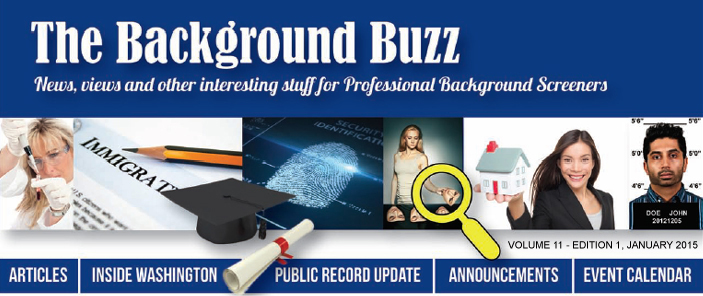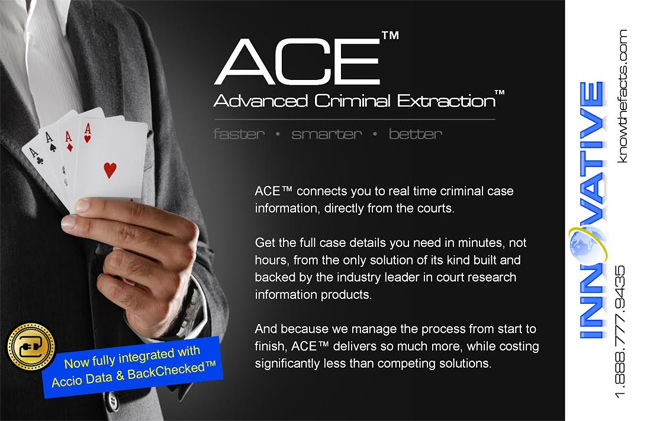| Correct!
Answer: (a) Section 604 of the FCRA requires
a court order before information is released by CRA. Current
law allows attorneys to sign subpoenas and issue them, so
they are not officially court orders. While there is some
old case law that says subpoenas are sufficient, these decisions
were made when courts actually issued the subpoenas. CRA
should advise the attorney that the FRCA requires an order
from the court under Section 604 and ask that the attorney
obtain an order for the release and provide that to CRA.
Of course, for business purposes it is a good idea to notify
your client of the request, but it is not the client’s
consent that is necessary for the release – it is
the consumer’s consent. If the attorney provides a
notarized signed release by the consumer who the report
was about, then of course no court order would be necessary.
Question:
CRA, Inc. receives a subpoena from an attorney
in an ongoing court case. The subpoena requires CRA to release
a copy of a consumer report it previously provided to one
of its clients. How should CRA respond?
Please
choose your answer by clicking on it:
a.
The subpoena is insufficient under the FCRA so CRA should
respond in writing to the attorney who issued the subpoena
advising that the subpoena is insufficient.
b.
The subpoena is insufficient under the FCRA so CRA should
not do anything.
c.
The subpoena is an official court document, so CRA should
provide the information requested by the subpoena after
first notifying its client of the request.
d.
The subpoena is an official court document, so CRA should
provide the information requested by the subpoena and nothing
further.
|


